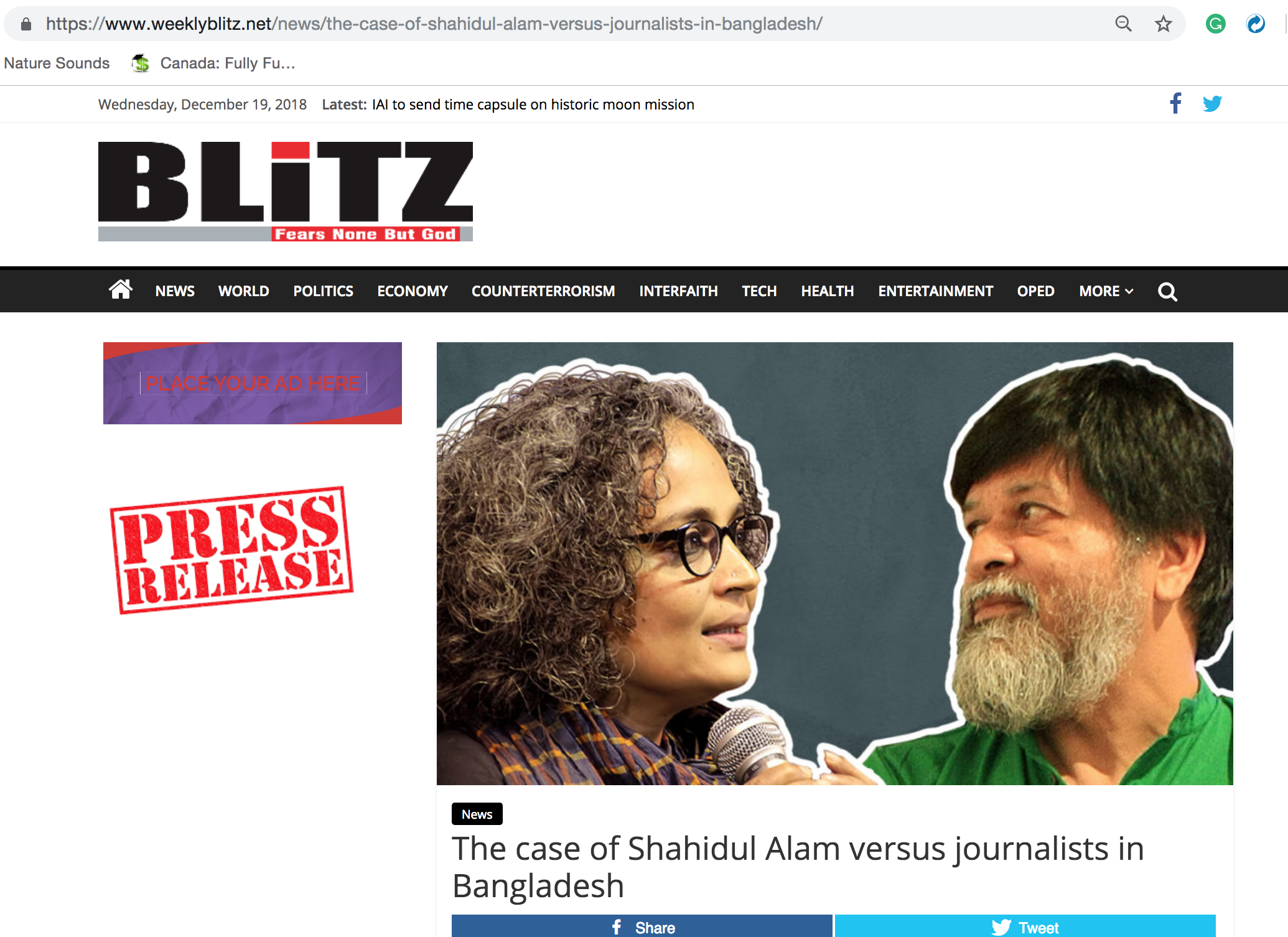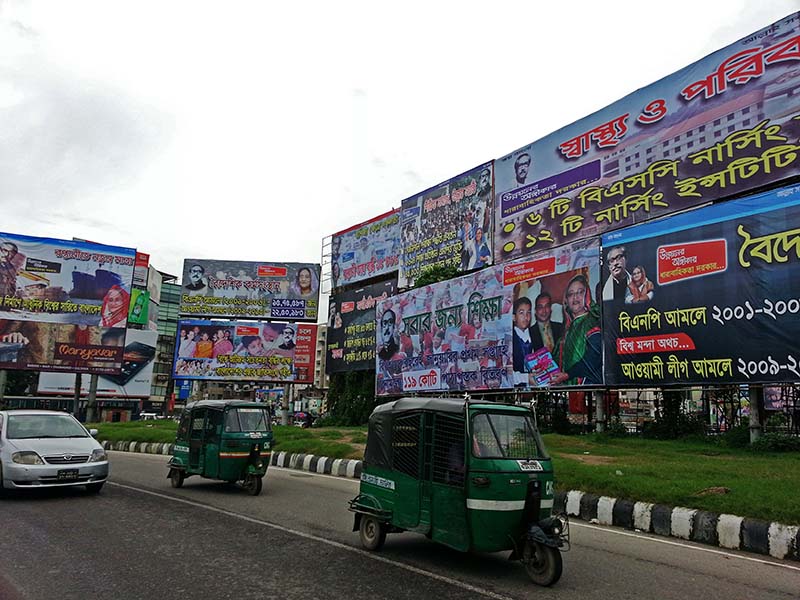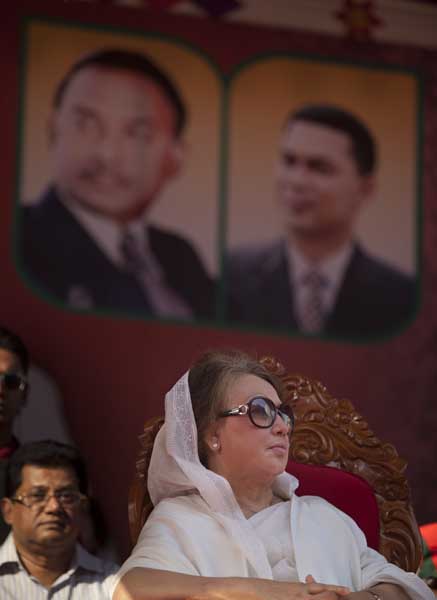Where’s your bicycle? The Uber driver asked me jokingly. Yes, I had been known in photography circles and it is true that I did know a few Nobel Laureates. Given that I am a public speaker, and wear several hats, I do also come across the odd head of state, or celebrity. I’d be overstating it if I said they all knew me well. I have featured prominently in a film produced by Sharon Stone, but the long conversation on the phone, after my release, was very much an exception. But now that I have Uber drivers recognizing me, and people stopping me in the streets for selfies, I need to be careful I don’t trip over my own ego. Maybe I should be thanking the same person that everyone else thanks for everything that ever happens in Bangladesh.
I flatly deny making payments to the Bangladesh government for running a media campaign on my behalf. Neither is it true that I deliberately planted the inconsistencies in their fake news, making it appear they can’t tell a Kaffiey from a tablecloth. Let’s not get too technical. It started with me being a Mossad agent and taking money from Israel. Now I’ve been placed in the Al Qaeda farm, and definitely anti Israel. Considering that Israel is the one country that my government does not have diplomatic relationships with, and the only country my passport is not valid for, being anti Israel should theoretically make me a pal. My enemy’s enemy is my friend and all that.







